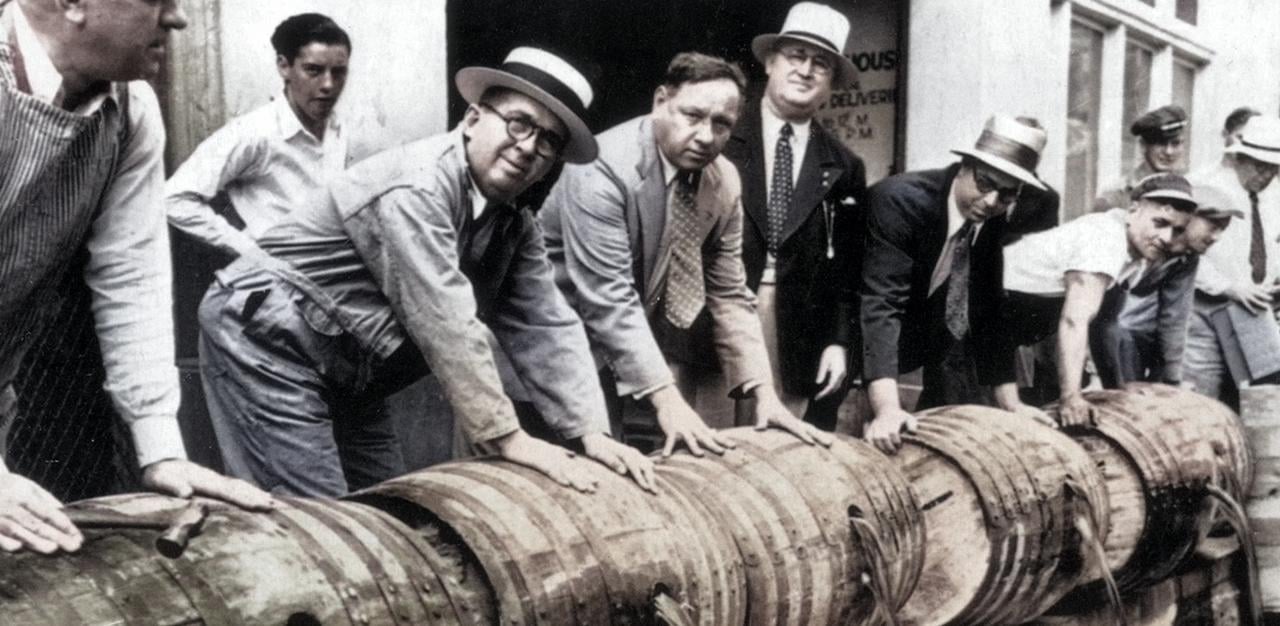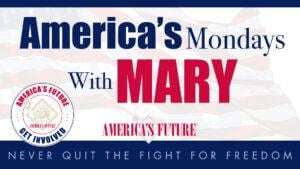
The Eighteenth Amendment, passed by Congress on December 18, 1917, and ratified by the states on January 16, 1919, banned alcohol, for all intents and purposes, within the borders of American jurisdictions. The text of the Eighteenth Amendment states, in part,
After one year from the ratification of this article the manufacture, sale, or transportation of intoxicating liquors within, the importation thereof into, or the exportation thereof from the United States and all territory subject to the jurisdiction thereof for beverage purposes is hereby prohibited.
Two compelling facts about the Eighteenth Amendment include:
1) This is the only constitutional amendment to have ever been repealed. It was repealed on December 5, 1933, upon the requisite number of states ratifying the Twenty-First Amendment; and
2) It restricted private conduct by citizens and privately owned entities. In our history, only two constitutional amendments have ever been ratified to regulate private conduct – this amendment and the Thirteenth Amendment, abolishing slavery and involuntary servitude.
The Eighteenth Amendment sprang from the theory that societal problems like poverty, crime, violence, and the degeneration of the “family unit” could be cured if Americans were prohibited from consuming alcohol. For over a century, momentum pushing this philosophy, known as the Temperance Movement, gained traction. The Eighteenth Amendment was the culmination of efforts undertaken primarily by the “pro-prohibition” political party, the American Temperance Society, the Woman’s Christian Temperance Union, and the Anti-Saloon League combining forces with the early 20th-century Progressive Movement.
Although the drafters of the Eighteenth Amendment did not directly proscribe consuming alcohol, the language of the Amendment set such strict limitations that the goal of preventing alcohol consumption was clearly the intent.
The most robust attempt to enforce the Amendment during its effective timeframe (January 1920 – December 1933) was through the enaction of the Volstead Prohibition Enforcement Act. Initially, enforcement worked. According to the National Archives, “liquor consumption dropped, arrests for drunkenness fell, and the price for illegal alcohol rose higher than the average worker could afford. Alcohol consumption dropped by 30 percent and the United States Brewers’ Association admitted that the consumption of hard liquor was off 50 percent during Prohibition.” But in the long term, enforcement measures proved elusive, and the eradication of alcohol consumption by Americans proved unrealistic.
Some unintended consequences of the Eighteenth Amendment included:
1) Organized crime syndicates rose to power;
2) Division throughout the country occurred based on whether an individual advocated for or against a “dry,” meaning alcohol-less society;
3) The collapse of an entire industry, leading to significant job loss along with large losses of tax revenue; and
4) As people openly rebelled against the Amendment and defied authorities, a dangerous sense that lawlessness was tolerable developed.
Over time, prohibition lost popularity with the public, which resulted in the repeal of the Eighteenth Amendment in 1933.






